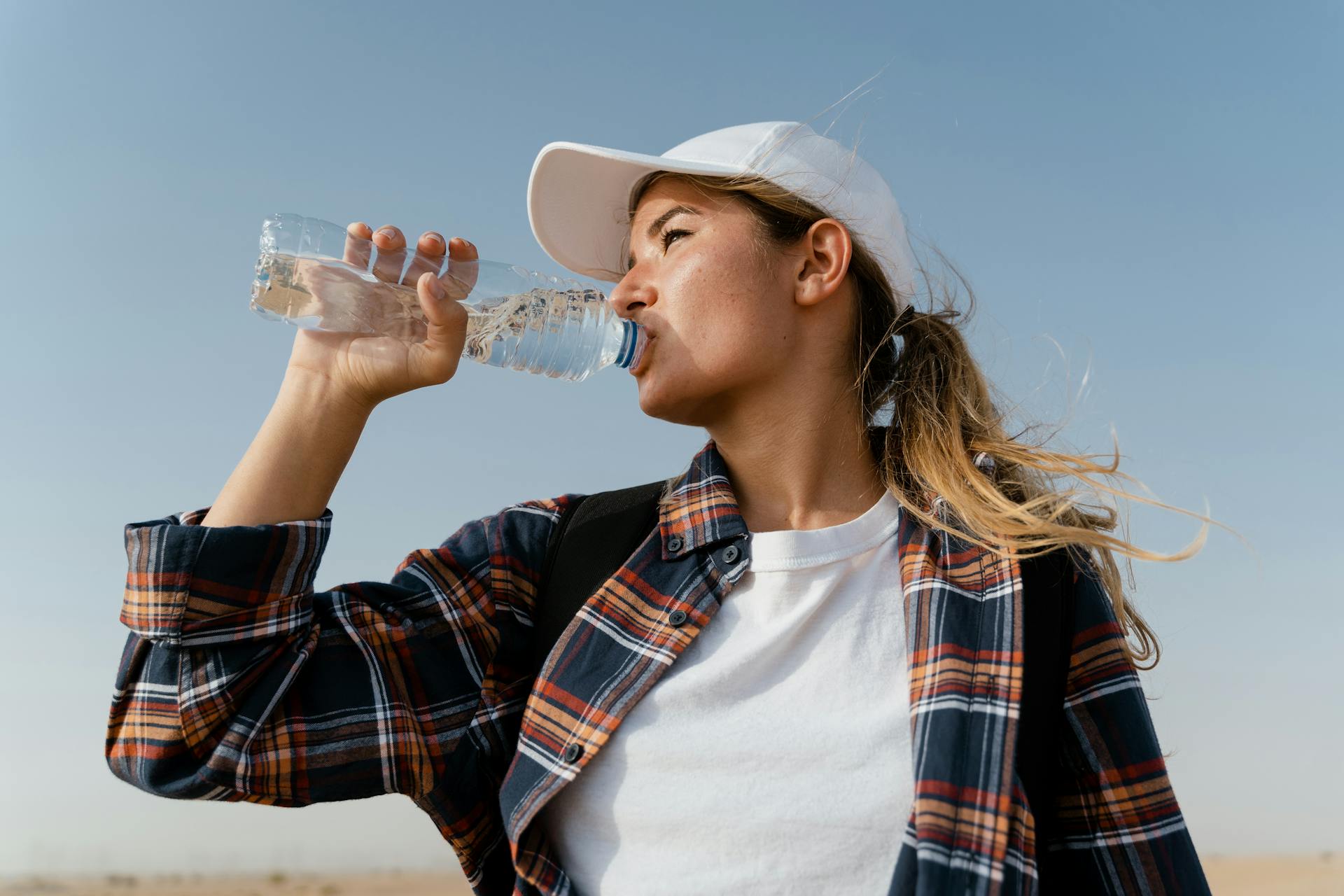Water is essential for survival, and when you’re out camping, staying hydrated becomes even more critical. Dehydration can lead to fatigue, dizziness, and in severe cases, life-threatening conditions. If you’ve ever found yourself worrying about running out of water on a camping trip, you’re not alone. This guide provides easy, practical solutions to ensure you stay hydrated and safe while enjoying the great outdoors.
Understanding the Importance of Hydration While Camping
Your body relies on water for critical functions such as regulating temperature, aiding digestion, and keeping joints lubricated. Camping, especially in remote areas, increases your water needs due to physical activity, exposure to the elements, and the lack of easily accessible potable water.
Signs of Dehydration to Watch For
- Mild Symptoms: Dry mouth, thirst, and dark urine.
- Severe Symptoms: Dizziness, confusion, rapid heartbeat, and fatigue.
Recognizing these signs early can help you address hydration issues before they become dangerous.
How Much Water Do You Really Need?
The general recommendation is to drink half a gallon (64 ounces) of water per day for normal activity. However, factors like hiking, warm weather, or high altitudes increase your requirements. Plan for at least 1 gallon per person per day during camping trips, and always pack extra water to account for emergencies.
Tips to Stay Hydrated While Camping
1. Plan Ahead: Calculate Your Water Needs
Before your trip, estimate the amount of water you’ll need based on:
- The length of your trip.
- The number of people in your group.
- The intensity of planned activities.
Use this as a baseline to decide how much water to carry or the equipment you’ll need to purify water onsite.
2. Bring the Right Gear
Carrying water and treating it in the wild becomes manageable with the right equipment.
- Reusable Water Bottles or Bladders: Use lightweight and durable bottles or hydration packs for portability.
- Collapsible Water Containers: These save space and are ideal for group camping trips.
- Portable Water Filters: Filters like LifeStraw or Sawyer Squeeze are compact and remove harmful bacteria and protozoa from natural water sources.
- Water Purification Tablets: An easy backup option for treating water quickly.
3. Know Your Water Sources
Research your campsite in advance to identify nearby water sources, such as streams, lakes, or springs. Keep these tips in mind:
- Use a topographic map or camping app to locate water bodies.
- Always treat water from natural sources to remove contaminants.
4. Utilize Natural Water Sources
While carrying water is essential, natural water sources can supplement your supply:
- Flowing Water is Safer: Collect water from streams or rivers rather than stagnant ponds.
- Avoid Contaminated Areas: Stay upstream from human activity, livestock, or campsites.
Use a combination of filtration and purification methods to ensure safety.
5. Invest in a Camp-Friendly Filtration System
Gravity filters or pump systems are excellent for group trips, as they can treat large volumes of water efficiently. They’re also environmentally friendly, reducing the need for single-use plastic bottles.
6. Hydrate Strategically During the Day
To maximize hydration:
- Start the Day Right: Drink water first thing in the morning.
- Sip Regularly: Avoid waiting until you’re thirsty to drink water.
- Incorporate Hydrating Foods: Fruits like oranges, watermelon, and cucumbers can provide additional hydration.
7. Monitor Your Hydration Levels
- Check Your Urine: Pale yellow indicates good hydration, while darker shades suggest you need more water.
- Listen to Your Body: Pay attention to signs of thirst, fatigue, or dry skin.
What to Do If Water Runs Low
Running out of water can feel overwhelming, but staying calm and resourceful is key.
1. Conserve Water Wisely
- Avoid salty or sugary snacks that increase thirst.
- Use water sparingly for cooking or cleaning.
2. Find Alternative Water Sources
If you didn’t prepare for water scarcity:
- Look for streams, rivers, or rainwater.
- Use a bandana or cloth to filter debris before purifying.
3. Harvest Rainwater
Bring a tarp or large container to collect rainwater, especially in wet climates.
Common Mistakes to Avoid
- Relying Solely on Pre-Packed Water
Carrying water is important, but failing to account for emergencies or unexpected delays can leave you vulnerable. Always have backup purification tools. - Overlooking Hydration in Cool Weather
Dehydration can occur in cold climates, where you may not feel as thirsty. Continue drinking water even when it’s not hot. - Skipping Water Treatment
Untreated water can contain bacteria, viruses, or parasites that lead to serious illness. Always purify natural water sources.
Bonus Tips for Hot Weather Camping
- Stay in the Shade: Reducing sun exposure lowers your water needs.
- Dress Smart: Wear light, moisture-wicking clothing to stay cool.
- Electrolyte Supplements: Pack electrolyte powders or tablets to replenish minerals lost through sweat.
How to Encourage Hydration Among Your Group
Camping with family or friends? Keep everyone hydrated with these strategies:
- Make hydration a group activity by scheduling regular water breaks.
- Provide flavored drink options like electrolyte packets for variety.
- Remind kids and seniors, who may not notice thirst, to drink water frequently.
Staying Prepared for Emergencies
1. Carry Extra Supplies
Always pack an additional day’s worth of water or purification tools in case of unexpected delays.
2. Share Responsibilities
In group settings, designate a water manager to monitor supplies and ensure everyone stays hydrated.
3. Be Flexible
If weather or trail conditions limit access to water sources, adjust your plans to prioritize safety.
Conclusion
Camping should be an enjoyable escape, not a stressful experience worrying about water. By planning ahead, carrying the right gear, and knowing how to find and treat natural water sources, you can stay hydrated and make the most of your outdoor adventure.
Remember, hydration is the foundation of a safe and successful trip. Whether you’re exploring a remote backcountry trail or relaxing at a family-friendly campsite, these easy camping tips will keep dehydration at bay and ensure you’re ready for whatever nature throws your way.
Stay safe, stay hydrated, and enjoy your camping journey!

